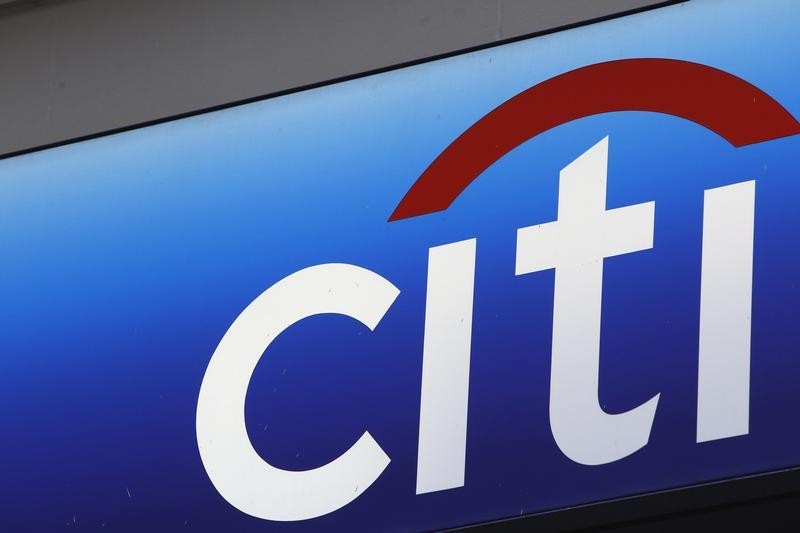Citigroup Inc.'s (NYSE:C) current share price of $41 is perceived to reflect an excessive amount of fear, according to Wells Fargo (NYSE:WFC) & Co. Despite the bank's shares having fallen over 8% this year through last Friday, analysts led by Mike Mayo argue that the low valuation offers a strong incentive for the bank to buy back shares, potentially providing a quick boost to earnings per share and tangible book value per share.
Wells Fargo projects that Citigroup may conduct about $22 billion worth of buybacks over the next 10 quarters, which would account for more than a quarter of Citigroup's market value as of August 31, 2023. The firm also believes that Citigroup's shares could rise to around $55 within the next 12 months, marking an increase of almost one-third from last Friday's closing price.
The analysts pointed out that Citigroup has been actively reducing costs, with its consumer business exiting numerous foreign markets as part of this strategy. This move is expected to further aid in cutting expenses.
Despite the current share price being approximately half of its tangible book value per share—a measure of the net accounting value of the company’s tangible assets—the analysts argue that this is near its lowest since the financial crisis. The average ratio over that period has been around 0.8 times. Current levels seem to mirror concerns regarding potential issues on the balance sheet.
However, Wells Fargo anticipates that Citigroup will continue to enhance its tangible book value. The bank has implemented measures to reduce the riskiness of its assets, such as maintaining relatively low exposure to commercial real estate and focusing its corporate credit exposures on high-grade companies.
While acknowledging some upcoming challenges like Basel 3 regulatory changes, Wells Fargo analysts believe that Citigroup's high capital ratios position it well to handle these headwinds.
In conclusion, the analysts stated: “We are very familiar with the problems at Citi, but even for us, this valuation seems unreasonable relative to our targeted returns, the strength of the balance sheet, likely continued growth in tangible book value, and a strategy that is finally addressing problems that have been in place for several decades.”
This article was generated with the support of AI and reviewed by an editor. For more information see our T&C.
